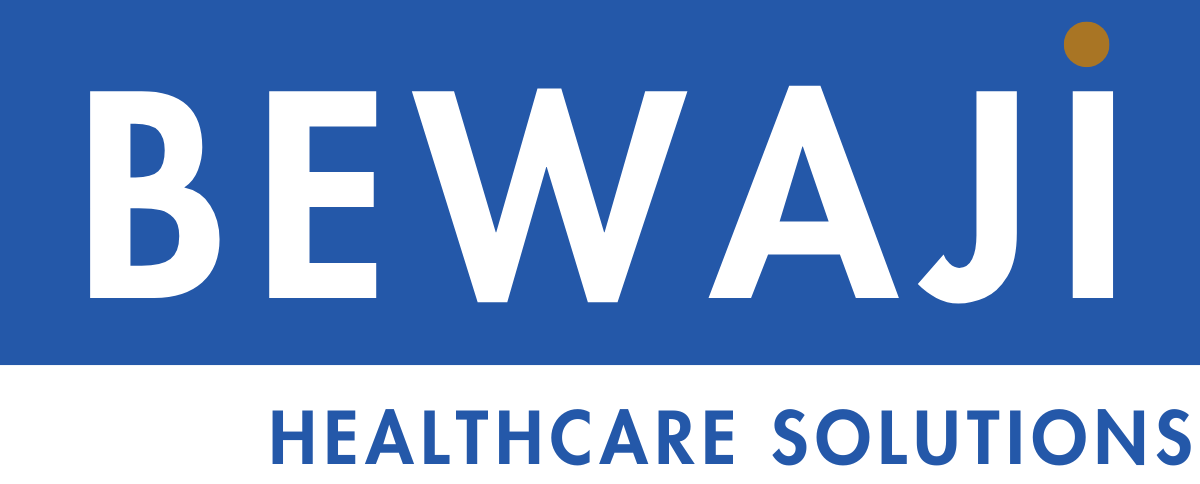Introduction
In the complex landscape of healthcare management, terms like “5-year strategic plan” often pop up in boardroom discussions. But have you ever stopped to consider the difference between planning and strategy? While planning may give you a sense of control, it’s a strategy that prepares you to adapt, pivot, and, ultimately, win. Let’s delve into the intricate world of planning and strategy and understand why the latter is crucial for your healthcare organization.
Planning vs. Strategy: More Than Just Semantics
The Shopping List Illusion
When planning, you often feel like walking through a grocery store with a shopping list. “Ten-bed ICU unit—check. New MRI machine—check. Staff training program—check.” While ticking off these boxes may give you a sense of progress, it’s worth asking: are you moving forward?
Strategy: The Blueprint of Success
Contrast planning with strategy, which serves as a blueprint for your healthcare facility. Strategy goes beyond listing what you need; it defines why you need it. It transforms your goals into a coherent vision, such as becoming a regional critical care or diagnostic service leader.
The Coherence Factor
In a well-executed strategy, every choice echoes through the entire organization. A decision to expand the ICU isn’t merely a facility upgrade; it’s a commitment to specialized healthcare. This coherence should influence your hiring, partnerships, and marketing strategies.
The Unseen Variables: Why Strategy Matters
The Illusion of Control
Planning often lulls you into a false sense of control. Control is elusive in the volatile healthcare landscape—fraught with new regulations, emerging technologies, and shifting patient behaviors.
Embracing Uncertainty
Strategy equips you to navigate this complex labyrinth. It enables you to anticipate changes rather than just reacting to them. The angst and uncertainty you feel in strategy aren’t bugs but features. They signal an engagement with the complexities of healthcare that go beyond mere business operations.
The Courage Quotient
Implementing strategy requires courage—the willingness to say, “I don’t have all the answers, but I’m willing to search for them.” This courage allows you to view challenges as opportunities for growth rather than threats to your stability.
Core Questions in Strategy
The conceptual framework of strategy often revolves around answering five pivotal questions that guide an organization’s direction and decision-making processes. These questions serve as a comprehensive guide for formulating the strategy:
- Winning Aspiration: The first question addresses the organization’s winning aspiration, essentially asking what constitutes “winning” in the context of the organization’s goals. Is it market leadership, innovation, or something else? This defines the ultimate aim of the organization.
- Playing Field: The second question identifies where the organization will operate or ‘play.’ This involves selecting specific markets, customer segments, and channels where the organization can successfully compete.
- Market Winning Mechanism: The third question concerns how the organization plans to win in the selected markets. This involves crafting a unique value proposition or competitive advantage that sets the organization apart.
- Required Capabilities: The fourth question addresses the organization’s capabilities to build or acquire to win in its chosen markets. This can include technology, talent, infrastructure, and other intellectual or physical assets.
- Management Systems: The fifth question focuses on the internal systems and structures that must be in place for the organization to succeed. This could encompass performance metrics, governance models, and operational protocols.
Practical Steps Towards a Winning Strategy
Know Your Playing Field
First, identify the market segment where you can excel: pediatric care, surgical excellence, or senior services. This knowledge helps you align your resources effectively.
Your Winning Card: The “How”
Next, figure out your unique value proposition. Are you leveraging technology for more accurate diagnoses or focusing on holistic patient-centered care? This becomes your secret sauce, setting you apart from competitors.
Key Capabilities: Your Arsenal
To execute your strategy, identify the key capabilities you need. Whether it’s forging partnerships with tech firms or training staff in empathy and communication, these capabilities serve as your weapons and shields.
The Management System: The Glue
Finally, align your management systems—like performance metrics and financial tracking—with your strategy. A misaligned management system can disrupt your strategic symphony.
The Magic of Simplicity
Remember, a simple strategy is often the most effective one. It’s easy to understand, communicate, and execute, ensuring alignment and fostering organizational commitment.
Conclusion
So, the next time you find yourself ticking off items from a list in a meeting, pause and ask, “Is this getting us closer to our ‘why’?” Don’t just plan for the future; strategize to win it. Because, in the end, it’s not just about playing the healthcare game; it’s about playing to win.
And that, dear reader, is the essence of strategy in healthcare—a commitment to adaptability, a relationship with uncertainty, and a relentless focus on a clearly defined ‘why.’ So, choose wisely; your future depends on it.

